THE TERROR of
NATURAL RIGHT
Republicanism, the Cult of Nature,
and the French Revolution
DAN EDELSTEIN
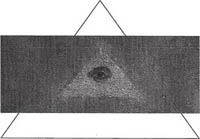

DAN EDELSTEIN
is assistant professor of French at Stanford University.
The University of Chicago Press, Chicago 60637
The University of Chicago Press, Ltd., London
2009 by The University of Chicago
All rights reserved. Published 2009
Printed in the United States of America
18 17 16 15 14 13 12 11 10 09 1 2 3 4 5
ISBN-13: 978-0-226-18438-8 (cloth)
ISBN-10: 0-226-18438-2 (cloth)
ISBN-13: 978-0-226-18440-1 (electronic)
The University of Chicago Press gratefully acknowledges the generous support of Stanford University toward the publication of this book.
Illustration on p. iii: Jean-Jacques Lebarbier,The Declaration of Human Rights .. August 2026, 1789 (detail). Muse de la Ville de Paris, Muse Carnavalet, Paris, France. Photograph copyright Erich Lessing / Art Resource, New York.
Library of Congress Cataloging-in-Publication Data
Edelstein, Dan.
The terror of natural right: republicanism, the cult of nature, and the French Revolution / Dan Edelstein.
p. cm.
Includes bibliographical references and index.
ISBN-13: 978-0-226-18438-8 (cloth: alk. paper)
ISBN-10: 0-226-18438-2 (cloth: alk. paper)
1. FranceHistoryReign of Terror, 17931794. 2. FranceHistoryRevolution,17891799. 3. FrancePolitics and government17891799. 4. RepublicanismFranceHistory18th century. 5. Political violenceFranceHistory18th century. I. Title.
DC183.5.E445 2009
944.044dc
222009001654
 The paper used in this publication meets the minimum requirements of the American National Standard for Information SciencesPermanence of Paper for Printed Library Materials, ANSI Z39.481992.
The paper used in this publication meets the minimum requirements of the American National Standard for Information SciencesPermanence of Paper for Printed Library Materials, ANSI Z39.481992.
To my parents, Lynn Mahoney Edelstein and Stuart J. Edelstein
 CONTENTS
CONTENTS 
 ACKNOWLEDGMENTS
ACKNOWLEDGMENTS 
I DO NOT THINK I could have written this book anywhere besides Stanford. The garden campus and ver aeternum played no small part, to be sure, but it is the people that truly make Stanford a paradise of learning. Like a patient gardener, Robert Harrison transplanted me here and saw that I flourished: To his scholarly model and unparalleled support I am forever indebted. Sepp Gumbrecht and Josh Landy have been the best mentors, friends, and critics one could hope for. And this book would simply not have been the same without the intellectual generosity of Keith Baker. He truly was il miglior fabbro, revealing my own arguments to me, sharing his interpretations, and sharpening mine. I have also benefited tremendously from the invaluable advice of my Stanford colleagues Jean-Marie Apostolids, John Bender, Russell Berman, Elisabeth Boyi, Philippe Buc, Joshua Cohen, J. P. Daughton, Jean-Pierre Dupuy, Paula Findlen, Grisha Friedin, Roland Greene, Josh Ober, Aron Rodrigue, and the Stanford Bungee Lunch group. I owe a special thanks to Sarah Sussman, curator for French and Italian Studies at Stanford Libraries, for her great assistance with securing primary and secondary sources. I am also grateful for a grant from the vice-provost for Undergraduate Education, supporting research assistants; to the Research Unit of the Division of Literatures, Cultures, and Languages; and to the president for the generous research funds made available to humanities faculty.
There are, of course, many wonderful people elsewhere, and I am particularly fortunate to work in a field that boasts such an array of brilliant and generous scholars. At an early stage of this project, and then at every subsequent turn, David A. Bell has provided crucial and decisive input and support. His incredibly attentive reading of my book manuscript transformed it in more ways than I could have imagined. I learned more in my dear friend Jake Solls study than in most classes Ive taken. Elena Russo has been a wonderful reader and colleague. As many other junior scholars, I benefited from Colin Joness legendary support and suggestions. My understanding of republicanism and political thought owes much to conversations with David Bates, Andrew Jainchill, Jimmy Swenson, and Kent Wright. Carolina Armenteros, Gran Blix, Howard Brown, Hannah Dawson, Steven Englund, Nina Gelbart, Anthony Grafton, Carla Hesse, Marie-Hlne Huet, Eddie Kolla, Larry Kritzman, Antoine Lilti, Ted Margadant, Sarah Maza, John Merriman, Mary Ashburn Miller, Pernille Rge, Pierre Saint-Amand, Maurice Samuels, Anne Simonin, Jonathan Smyth, Malina Stefanovska, and Jessica Wardhaugh all offered most helpful comments. I received invaluable comments on my manuscript from Paul Friedland; raised eyebrows from Jean-Clment Martin and Tim Tackett moved this project in directions they could not have foreseen. I am especially grateful to Robert Morrissey, Paul Cheney, Charly Coleman, and the Modern France Workshop at the University of Chicago, as well as to Mark Olsen, Glenn Roe, and Robert Voyer of the ARTFL project. Also at Chicago, I am most obliged to my editor, Alan Thomas, as well as to Randy Petilos, and my copy editor, Lisa A. Wehrle. Id also like to thank the undergraduate and graduate students who suffered through much of this material with me in class (especially the dreaded two-hour PowerPoint presentation!), and more particularly my research assistants, Samantha Kuok Leese, Emily Dalton, and Caitlin Crandell.
Before arriving at Stanford, I received excellent mentorship at Penn, where I did my graduate studies. Many thanks to my advisors, now friends, Philippe Met, Jean-Michel Rabat, Maurie Samuels, and Caroline Weber. I am also grateful to Asif Agha, Kevin Brownlee, Joan DeJean, Gerry Prince, and Greg Urban. Early research for my dissertation was made possible by a Fulbright grant to Paris. Prior to coming to Penn, I was trained at the University of Geneva, where Antoine Raybaud, Michel Jeanneret, Laurent Jenny, and Guy Poitry taught me what it meant to be a scholar. Without Andr Della Santas early encouragement, at the Collge Calvin, I might never have aspired to become one.
My first teachers are still the ones from whom I learn the most: My mother, Lynn, and my father, Stuart, inculcated in me the crucial virtues for both life and learning. Their unconditional support for my various ambitions (even when they involved lugging around guitar amplifiers) has been my greatest blessing. It is with a profound sense of gratitude that I dedicate this book to them. My sister Jenny has been unfailing in her support and friendship, now supplemented by my niece, Yaelle, and nephews, Liam and Gabriel. To my wife, Zo, I owe what no number of scholarly accomplishments can ever provide: happiness.
Much of this book was written with our beloved cat Fang on my lap; sitting at the computer has never been the same since he passed away. Having our keeshond Teddy curled up under the desk has been an unabiding source of comfort since.
Parts of the prologue and chapter 5 appeared, respectively, in Hostis Humani Generis: Devils, Natural Right, Terror, and the French Revolution, and The Law of 22 Prairial: Introduction,
Next page
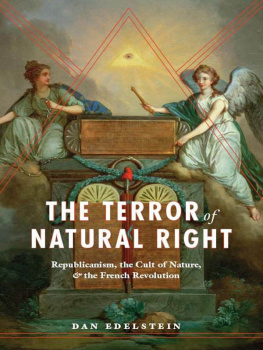
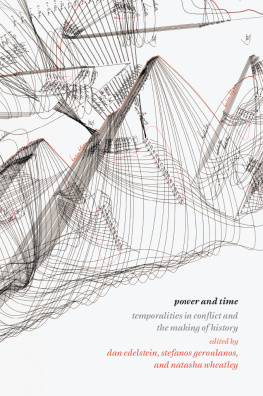


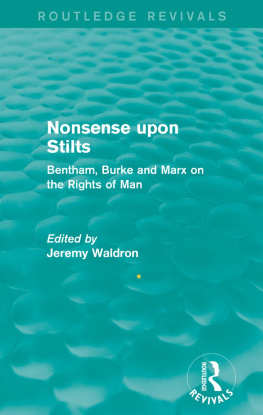
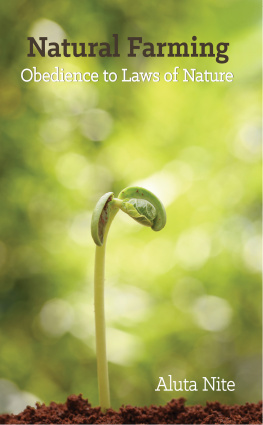
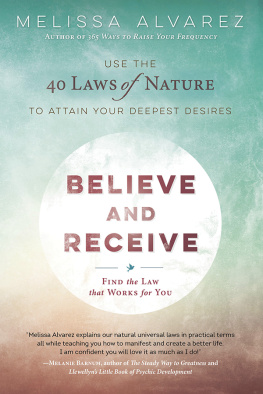
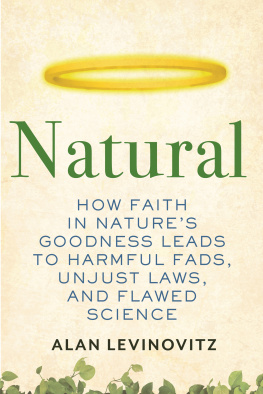
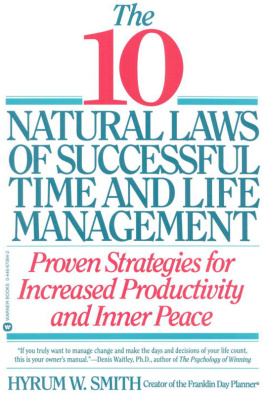
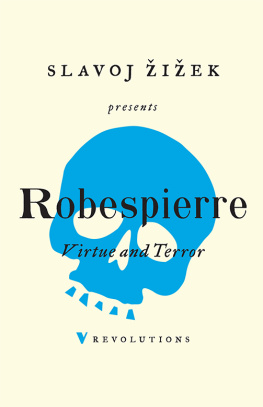



 The paper used in this publication meets the minimum requirements of the American National Standard for Information SciencesPermanence of Paper for Printed Library Materials, ANSI Z39.481992.
The paper used in this publication meets the minimum requirements of the American National Standard for Information SciencesPermanence of Paper for Printed Library Materials, ANSI Z39.481992. CONTENTS
CONTENTS 